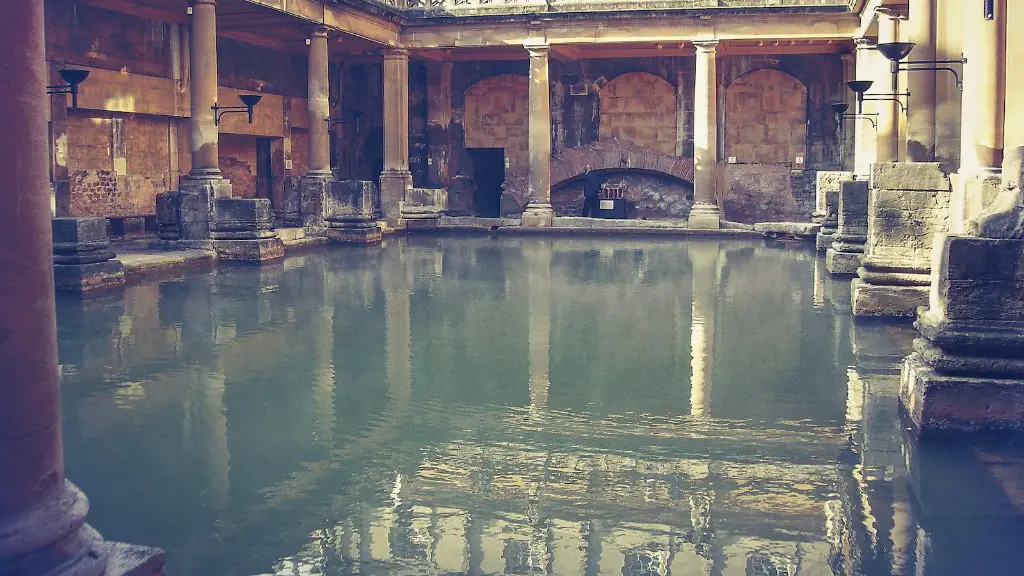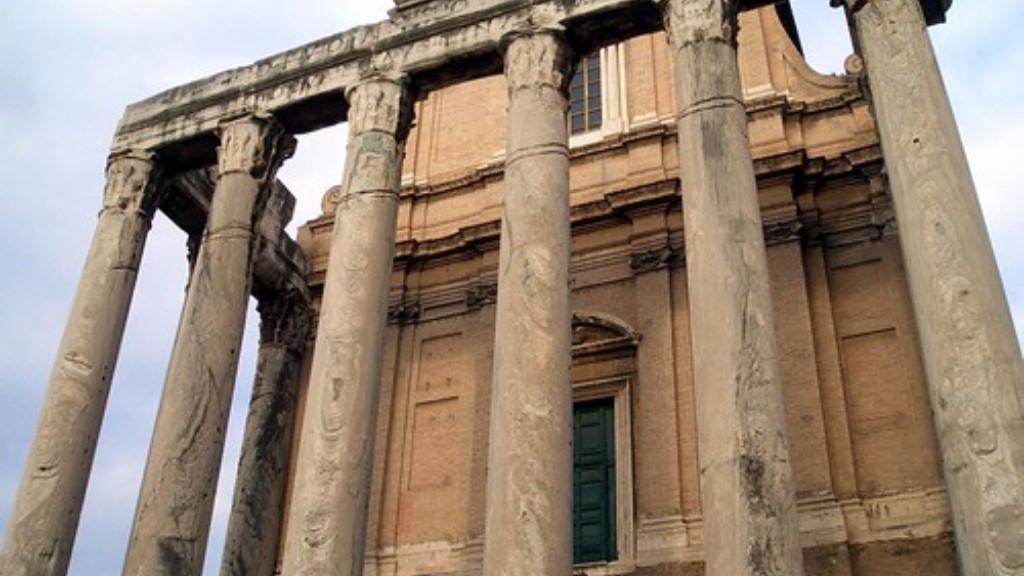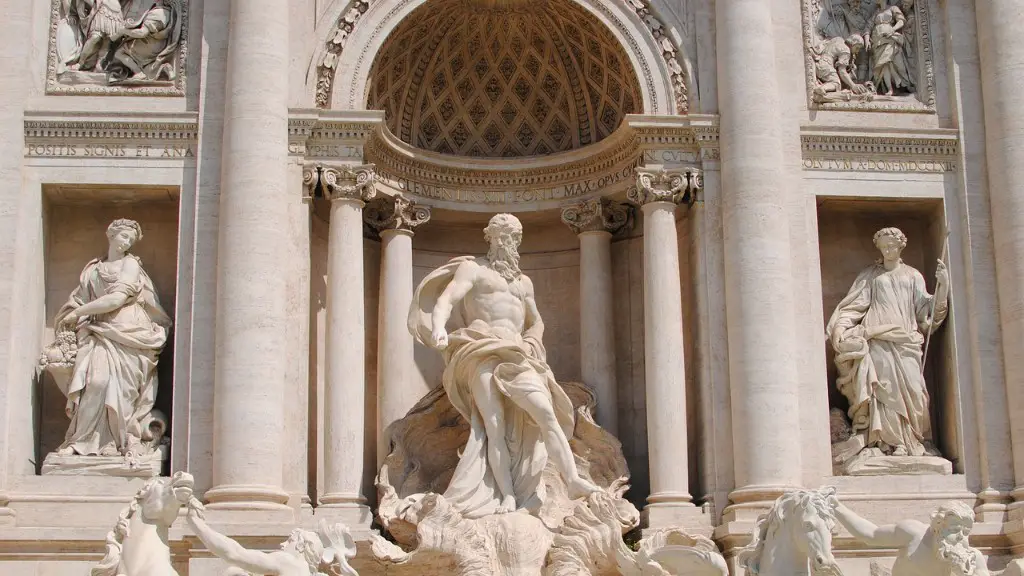Power Dynamics
The power dynamics of ancient Rome were highly stratified, with the existing power structure having significant impacts on the daily life of commoners. In Rome, political institutions such as the Senate, the Roman aristocracy and the patrician class often determined the rights and privileges of commoners. Although some legal remedies did exist for citizens, their implementation was often subject to the whims of powerful leaders. With the Roman Empire’s vast resources, the emperor and his followers could simply override the law, thus creating a drastically unequal society where the elite enjoyed immense wealth and power. Additionally, commoners had no legal protection from being exploited or oppressed by their superiors, although the Roman laws did state that citizens had to be respected in one way or another.
Social Hierarchy and Patron-Client Relationships
Social advancements primarily depended on one’s familial, political, or economic status. People belonged to two classes, either free citizensor non-citizens, although there were also slaves, who were owned by their masters. Slaves had no legal rights, while free citizens had the right to vote in elections and the right to own property. Patrons and clients, however, could enjoy more privilege by forming an economic and political relationship. Patrons would provide clients with political protection and economic assistance, while clients provided them with labor, loyalty and resources. In return, patrons and clients engaged in a form of reciprocity that was often hierarchical in nature and heavily influenced by Roman law and hierarchy.
Work and Social Life
Work and social life in ancient Rome were largely determined by one’s standing in society. For example, slaves worked as laborers, while members of the patrician class were merchants and landowners. Peasants or plebeians worked as farmers or craftsmen, and some even became successful businessmen and landlords. In general, plebeians had to work hard for meager pay, often struggling to make ends meet. Free citizens had some legal protection, such as being granted money from the state if they had land or held public office. Commoners also participated in various social activities and public events, such as attending theatrical performances, engaging in sport competitions, attending religious festivals, and more.
Income and Leisure
The size of a commoner’s income determined their ability to enjoy leisure activities. Slaves did not have any access to leisure, while wealthier citizens could frequent public baths, clubs, taverns, and other social venues. Commoners, however, typically spent their free time at home. Wealthier citizens had access to more luxurious commodities, such as exotic foods, fine furniture, and other luxury items. Commoners, on the other hand, often had to make do with simpler foods and materials, making their lives relatively difficult.
Marriage and Family Structure
For the most part, citizens of all classes could marry whomever they wished, regardless of social status or political standing. Marriages between members of the same class were the norm, although there were also occasional interclass marriages. A commoner’s family structure was usually centered around their immediate or extended family, as well as any slaves they owned. Fathers typically had the power to make decisions for the family, although wealthier families often had more complicated structures involving select legal representatives and politicians.
Religion and Mortality
Religion was very important in ancient Rome, and the pantheon of Roman gods frequently affected the daily lives of citizens. Commoners typically followed the state religion of Rome, although there were also more localized cults and practices. Mortality was a major concern, as there were no advanced medical treatments and people often died at an early age. Disease, famine, and war were frequent causes of mortality, with most commoners unable to resist these forces and falling victim to their effects.
Education
Education was a privilege typically enjoyed by those from wealthier families. Slaves did not have access to formal education, while commoners usually received informal instruction through their families or through guilds. Parents typically taught their own children basic skills, such as reading and writing, as well as other important lessons that would be helpful for their future. Wealthier citizens often hired teachers or tutors to provide formal instruction, helping to ensure their children received a good education and better opportunities.
Conclusion
While the lives of commoners in ancient Rome had their hardships, there were also moments of joy. Commoners could take part in religious ceremonies, public events, and other kinds of leisure activities. Free citizens had the right to own property, make decisions for their families, and vote in elections, giving them a degree of control over their own destinies. Although the existing power structures meant opportunities were limited for many, for others, living in the Roman Empire could be an adventure.


